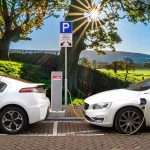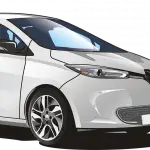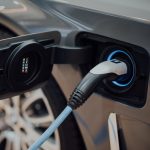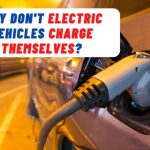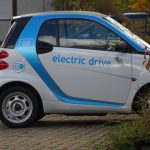Last Updated on August 26, 2022 by
‘PUC’ stands for Pollution Under Control. A PUC certificate proves that a vehicle meets the pollution control norms defined by the government.
All vehicles must carry a valid PUC certificate at all times.
Since electric vehicles do not emit any polluting gases, they are exempt from carrying a PUC certificate.
PUC for Hybrid Cars
Most conventional cars get their drive from burning fuel in an internal combustion engine. Modern electric cars use a set of batteries that drive an electric motor.
Hybrid cars get their power from both types of mechanisms. They can burn fuel or use batteries to generate drive.
Hybrid cars are quite popular as they can offer the best of both worlds. These cars have soared in popularity since the Toyota Prius launched in 2000.
They have several benefits that make them attractive to many modern consumers.
Since hybrid cars can run on a normal combustion engine, they can release polluting gases. Burning fuel to drive cars is a major source of polluting greenhouse gases.
Different government agencies in different countries are taking many steps to combat this effect. Some steps include enforcing emission checks, promoting alternative fuels and modes of transport.
The Indian government uses several strategies to try and address the pollution from vehicles. The PUC certificate is a way of controlling pollution.
Since hybrid cars also have an internal combustion engine, they are subject to the PUC laws. Hybrid vehicles must carry a valid PUC certificate at all times.
What Is the Validity Period of PUC Certificate of a Vehicle?
Cars are machines and their performance changes with the passing of time. Usually, newer cars perform better and are able to deliver a better driving experience.
Over time, most people notice that their do not handle and perform like they used to earlier. The mileage starts dropping, the suspension may need repair, and the car may not hit top speeds.
The same logic is true for a car’s pollution performance.
Most cars nowadays have a pollution control mechanism fitted in the exhaust system. It is called a catalytic converter, and it helps reduce the pollution from the car.
Since new cars have a new catalytic converter, the Indian government exempts them from the PUC test for a year.
Cars purchased more than a year ago must take the PUC test and hold a valid certificate. A PUC certificate is valid for six months, unless the vehicle meets BS-IV norms or higher.
The Bharat Stage Emission Standards, or BSES, are India’s pollution control norms. These norms specify the maximum limit of pollutants allowed in engine exhaust and the fuel quality too.
They are based on the most common reference, the ‘Euro’ pollution standards. The latest BSES norms are called Bharat Stage 6/Bharat Stage VI, based on Euro 6/Euro VI.
What Are the Prescribed Emission Norms of Co (Carbon Monoxide) and Hc (Hydrocarbons)?
Internal combustion engines used in cars can release several harmful and polluting gases. Carbon monoxide, or CO, and hydrocarbon gases, or HC, are the most common such pollutants.
Bharat Stage 6/Bharat Stage VI states cars cannot emit more than a maximum amount of these gases.
- CO emission limit: 1000 mg/km for petrol, 500 mg/km for diesel.
- HC emission limit: 100 mg/km for petrol, 170 mg/km for diesel (HC + NOx).
- NOx emission limit: 60 mg/km for petrol, 80 mg/km for diesel.
- PM emission limit: 4.5 mg/km for petrol, 4.5 mg/km for diesel.
These are the maximum emission limits as per Bharat Stage 6/Bharat Stage VI.
Do You Need a License to Drive an Electric Car?
People younger than 18 years cannot legally drive a motor vehicle or apply for a driving license. Children older than 16 years, can apply for a license to certain drive non-geared two-wheelers.
People who wish to drive transport vehicles, such as trucks and buses, must be at least 20 years old. These age-limits are specified in Chapter II, Section 4 of the Motor Vehicles Act of 1988.
The Motor Vehicles Act of 1988 is applied across India through the Central Motor Vehicle Rules of 1989. These Rules define various parameters that help implement the Motor Vehicles Act of 1988.
Electric cars are defined as motor vehicles in Chapter I, Rule 2, Sub-Rule (u) of the Central Motor Vehicle Rules. However, certain electric vehicles are not classified as motor vehicles as per these Rules.
Electric vehicles must meet the certain specific requirements to be exempt from being defined as motor vehicles.
- The top speed must not be more than 25 kmph.
- The thirty-minute power must be less than 0.25 kW.
- It must have white and red reflectors at the front and back.
- It must not weight more than 60 kg.
What Are the Biggest Ev Companies?
People are making the move to electric because they find something different about these cars. However, the hole these cars make in the pocket is still the same.
It is no surprise that people are quite careful and brand-conscious when buying electric cars.
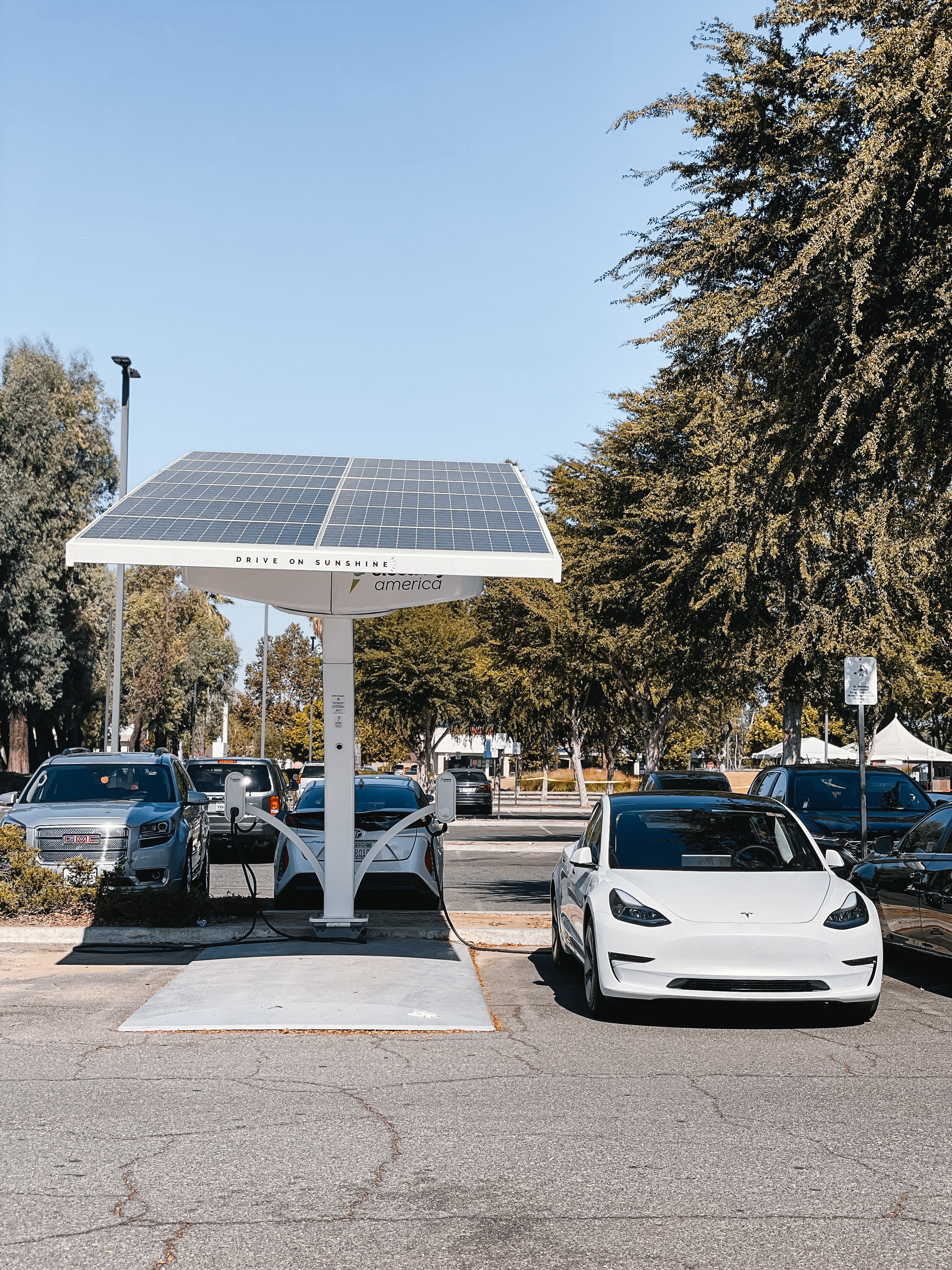
There are some famous companies that make wonderful new electric vehicles (EVs).
Tesla is a famous EV manufacturer pushing the boundaries in this field. Other large EV companies include names like Nikola, Faraday Future, and Lion Electric.
The story of EVs in India started with a small company called Reva Electric Car Company. It was acquired by Mahindra & Mahindra who launched a subsidiary called Mahindra Electric.
Other manufacturers like Tata, Toyota, Hyundai, Ola, and Ather soon launched their own models. The Indian EV market has several players – some new entrants and some older carmakers.
Upcoming Electric Cars Designs
Car enthusiasts are always on the lookout for new models from their favorite manufacturers. The more famous car manufacturers often release previews of their design online or in auto shows.
These glimpses often make fans curious about the design, and can result in more sales.
Manufacturers in the EV segment also follow these tried and tested paths to generating interest. There are several upcoming models of EVs from many companies such as Ford, BMW, and Cadillac.
These cars often rake in millions (possibly more) for their parent companies.
In India, local manufacturers like Tata and Mahindra prepare to face stiff international competition. Around 25 new electric car models should be launched in India in the next couple of years.
These cars will be priced in a wide range, from around ₹ 8 lakhs to ₹ 65 lakhs or higher.
FAQ Relating to Electric Vehicle Pollution Under Control Certificates
Electric vehicles are a new and upcoming technology that has interested many people. Some projections indicate that Indian EV sales may contribute up to USD 150 billion by 2030.
There are several factors that may be behind this increase in popularity of EVs in India. The increasing fuel prices and several pushes from the government have made EVs a viable option.
However, buying a car in India can often be a lengthy and complicated affair. Since electric vehicles are such a new concept, there are several common questions in people’s minds.
Are Electric Cars Exempt?
As seen earlier, the PUC tests and certificates are a measure to control rising pollution from cars.
Cars with regular engines can release a large amount of harmful and polluting gases into the air. They do so because they burn hydrocarbon fuel in the engine to drive the car.
Electric cars are different from conventional combustion engine cars. They use an electric motor that is powered by batteries to drive the car.
Since there is no fuel burnt, there is no pollution, and no PUC requirement.
Does Ev Need License in India?
People cannot drive any motor vehicles in India without a valid license.
The age limit for most common licenses, including a license to drive a normal car, is 18 years. Children older than 16 years may drive certain specific types of non-geared vehicles with a license.
Almost all electric vehicles are classified as motor vehicles as per the current Indian regulations. People licensed to drive motor vehicles like regular cars can drive an electric car.
Certain small electric vehicles with top speeds under 25 kmph are exempt from this rule.
Is there an electric vehicle mandate?
Fuel costs are sharply rising in almost all countries at the moment. The thought of filling their cars’ tanks can leave most owners sweating.
Then there are worries about rising pollution and the harmful impact of cars on the climate.
The Indian government has launched a scheme called FAME II that is designed to make EVs popular.
It includes several steps to increase the number of electric vehicles in public and private transport. This scheme also seeks to increase the charging infrastructure for electric vehicles all across India.
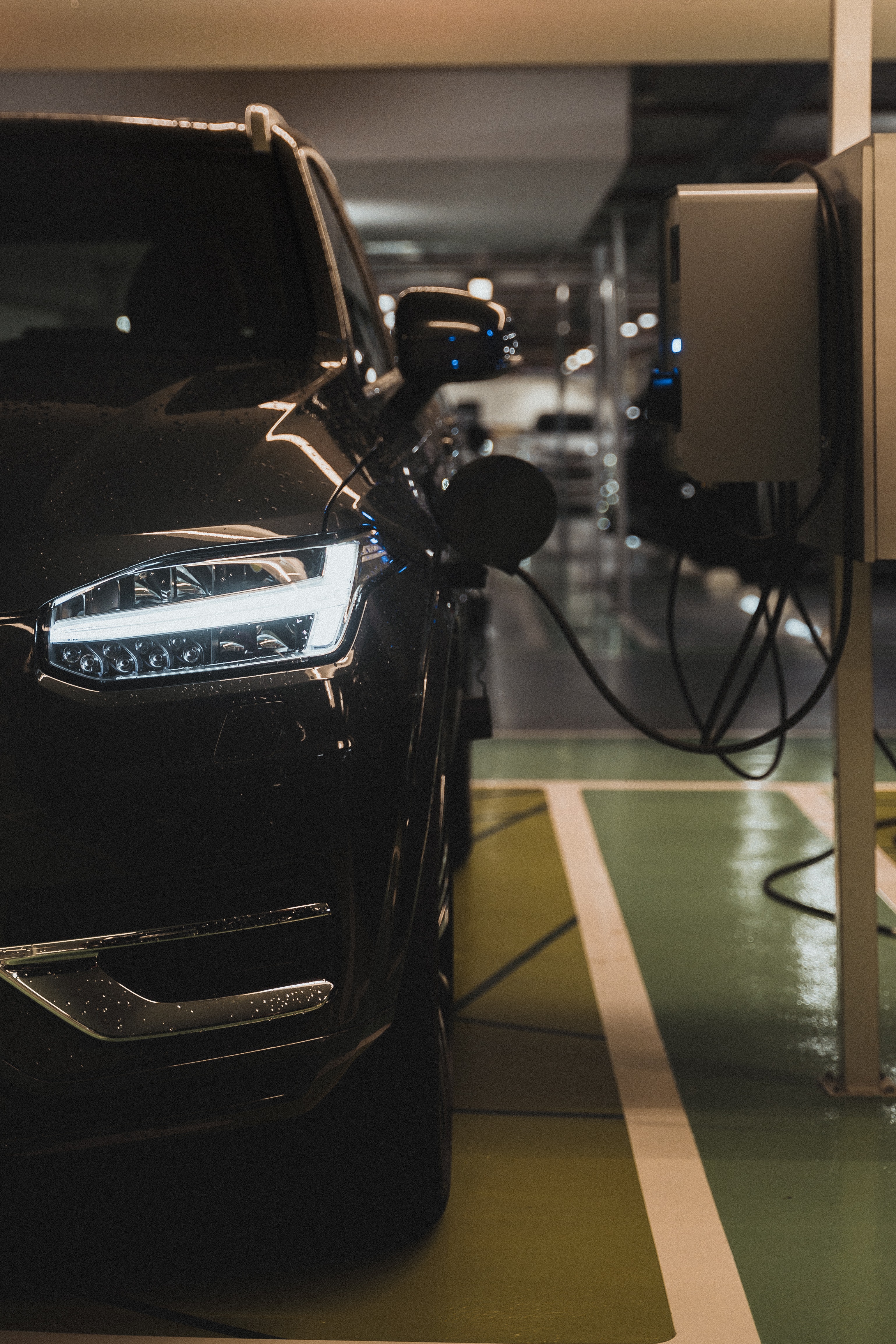
The Indian government has many initiatives that aim to make electric vehicles more popular.
Some state governments have implemented policies to use or rent only electric vehicles for their use. Other initiatives include steps such as urging last-mile delivery agents to use electric vehicles.
Can electric vehicles cause air pollution?
The last few years have seen a steep decline in air quality in most major cities and towns. The rising levels of air pollution are very dangerous and harmful to human health.
Some European research states that air pollution is behind more than 400,000 premature deaths.
The primary source of pollution in regular cars is the fuel burnt in the internal combustion engines.
Electric vehicles have a distinct advantage over conventional cars in the way they generate drive. Since electric vehicles only use batteries and burn no fuel, they produce no smoke or pollution.
- Why Electric Vehicles Are Not Popular - January 29, 2023
- How Long Do Tesla Batteries Last Per Day? Battery Facts - January 25, 2023
- Do Electric Vehicles Have Air Conditioning? - December 21, 2022

